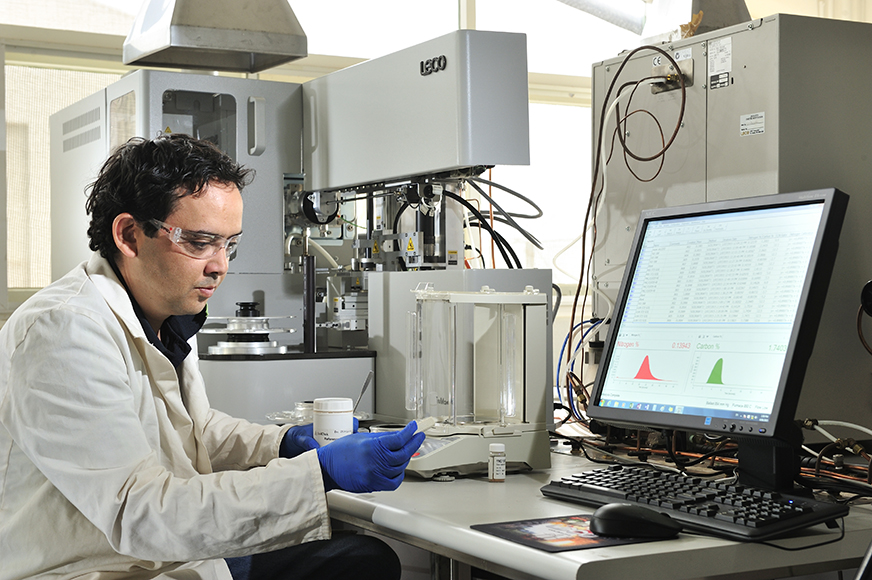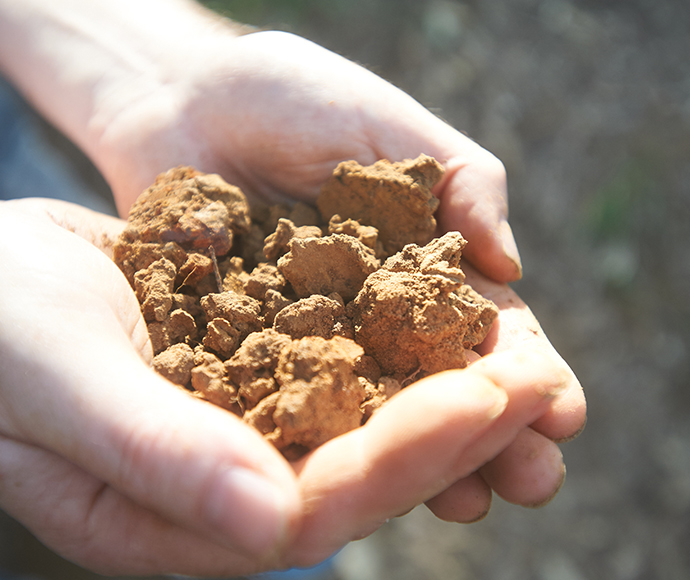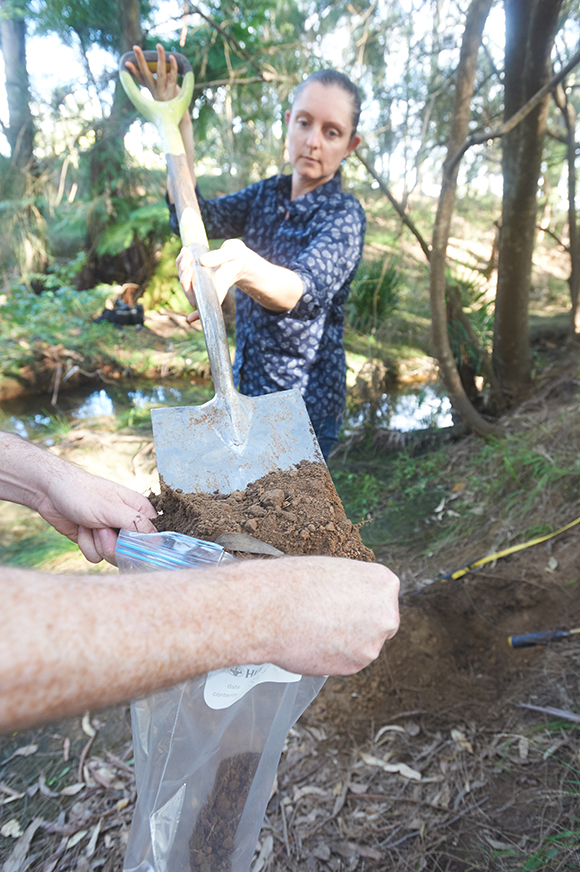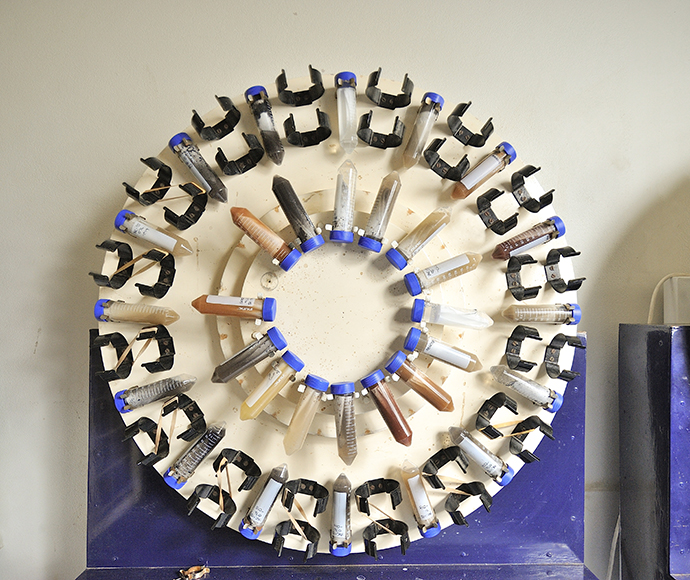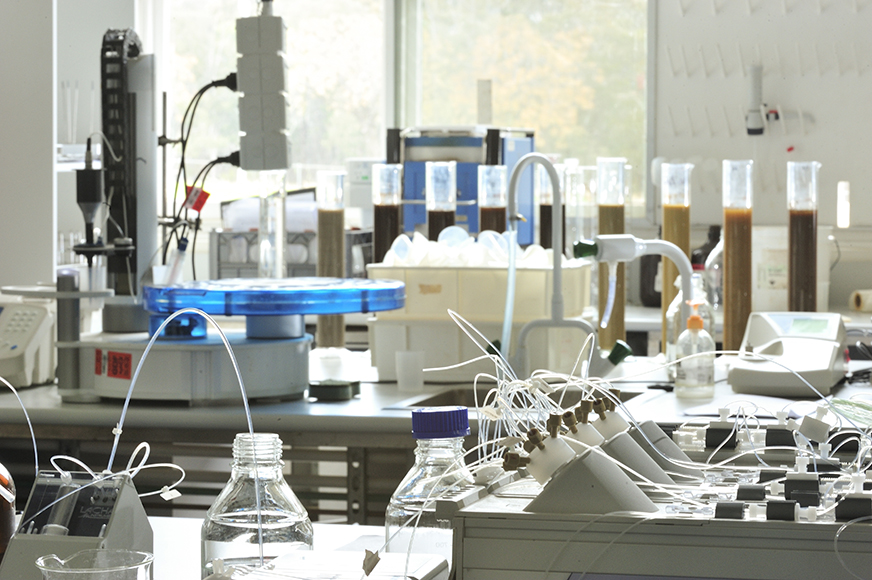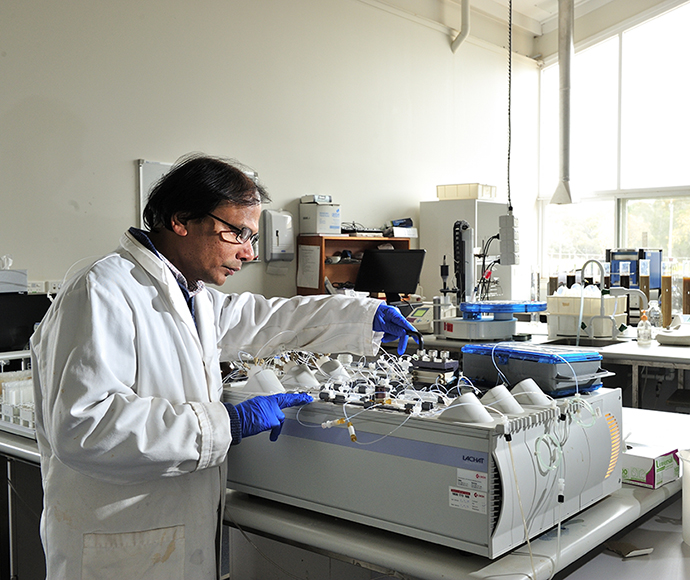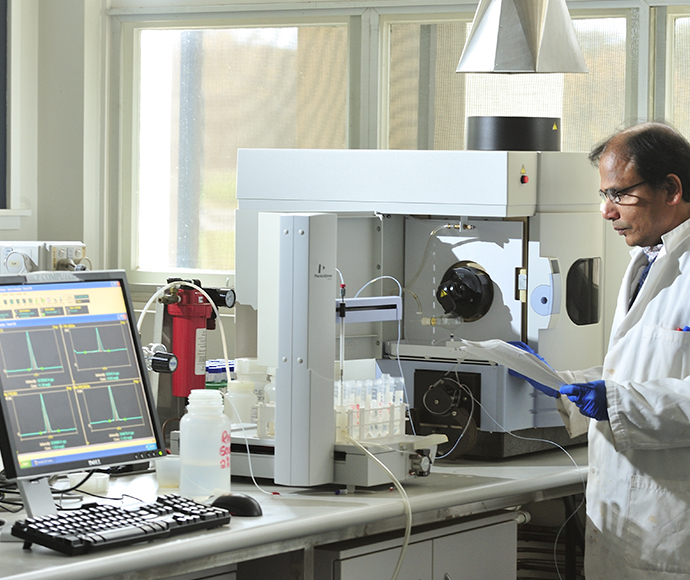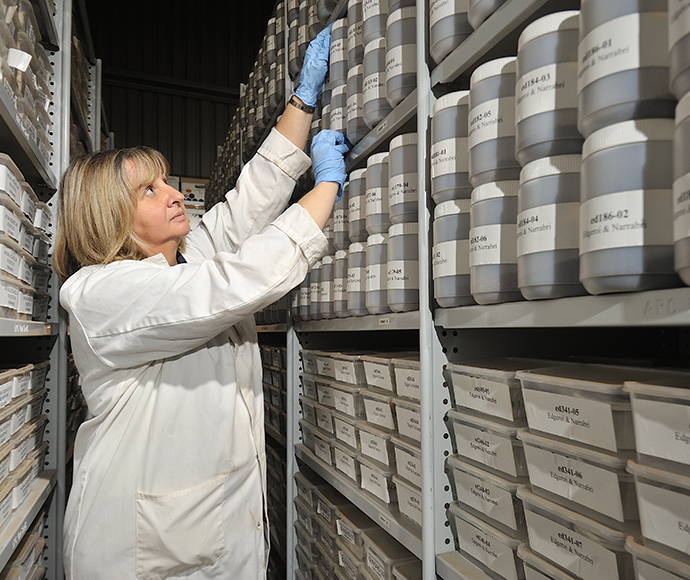Soil testing involves the analysis of soil samples to determine their characteristics, such as texture, stability, plant nutrients, fertility, acidity or alkalinity, or toxicities and contaminants.
The results from soil testing can be important for many purposes, ranging from agricultural and horticultural productivity through geotechnical and engineering to environmental forensics. Soil tests can answer a variety of questions, such as:
- Does this soil have the right properties to grow a profitable crop, sustain livestock, or for revegetation after development or disturbance?
- What fertiliser or ameliorants should I apply, and how much, to get the best yields for my crops without contaminating the soil?
- Will building foundations or engineered soil structures such as dams or banks remain stable if I build them out of this soil material?
- Does this soil present an environmental hazard because of its unusual characteristics, such as salinity or acid sulfate soil potential?
- Is this soil vulnerable to erosion by wind or water, and will it cause a downstream water pollution or sedimentation risk?
- Does this soil represent a health hazard due to contamination with noxious chemicals or pollutants, such as lead, herbicides or pesticides?
The Department of Climate Change, Energy, the Environment and Water manages many thousands of soil test results from across New South Wales in the NSW Soil and Land Information System (SALIS) and makes them available through eSPADE.
The department operates the soil and water environmental laboratory, a general-purpose soil and water testing laboratory and archive, located at Yanco, as well as specialised forensic services at Lidcombe.
More information
Environment Protection Science Branch
Environmental Monitoring and Risk Assessment Section
Phone: +61 2 9995 5000 (switchboard)
Email: [email protected]
SALIS does not hold specific information about site contamination. The NSW Environment Protection Authority (EPA) holds a public record of contaminated sites and can advise on the assessment and management of contaminated land:
Environment Protection Authority
Phone: 131 555
Email: [email protected]
Website: EPA website: Contaminated land
Contact us
Department of Climate Change, Energy, the Environment and Water – Commercial enquiries
Phone: 1300 361 967
Email: [email protected]
Subscribe to SoilTalk! news to stay up to date on the latest news and events about landscapes, soils and systems in New South Wales.
